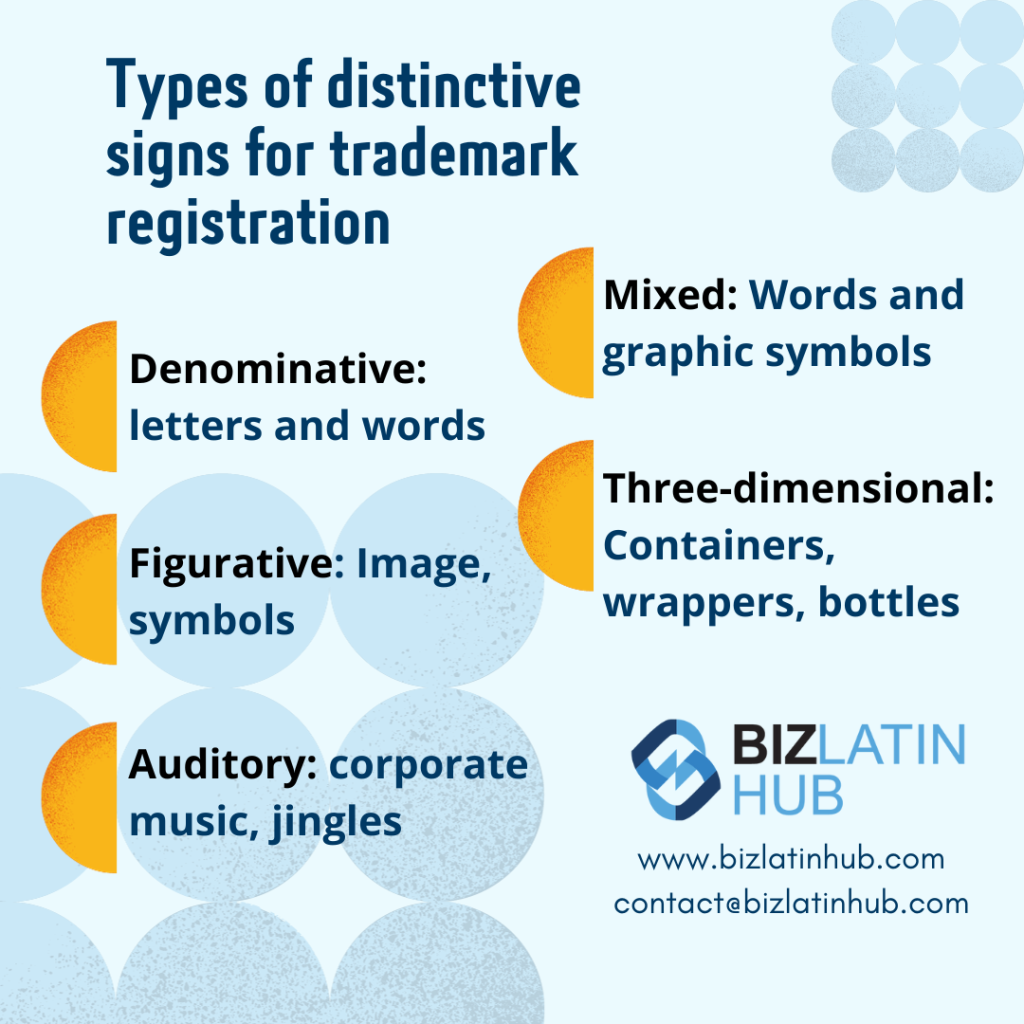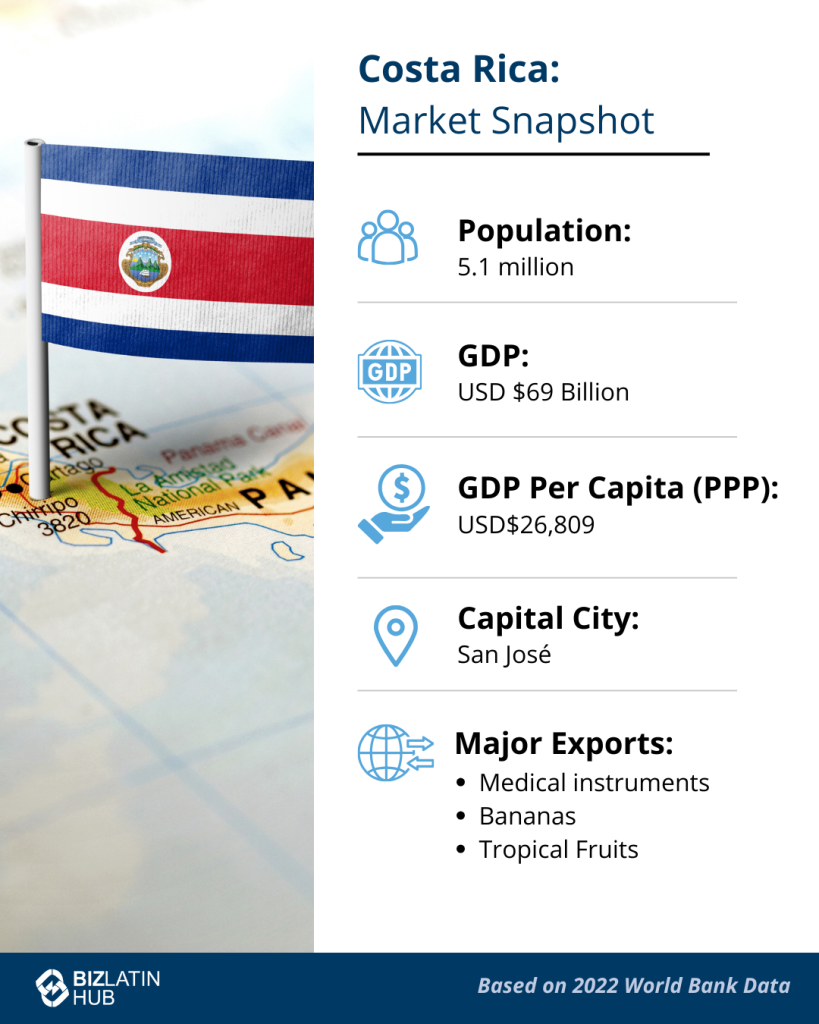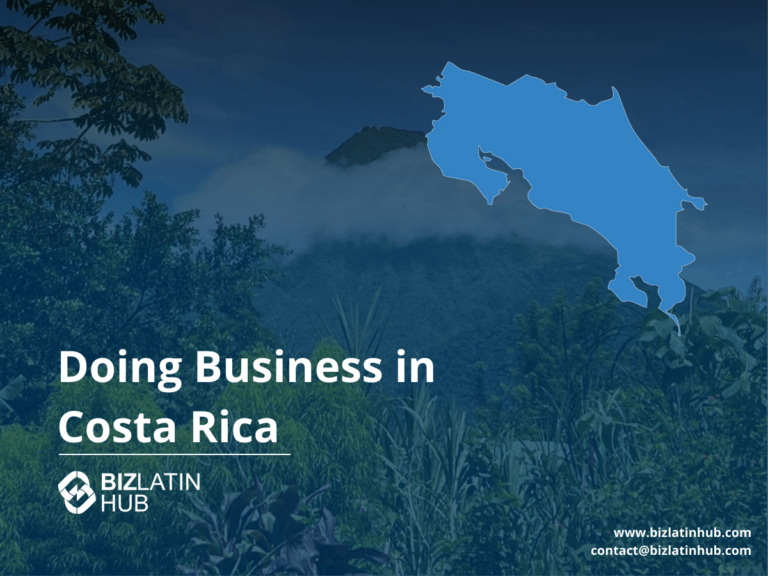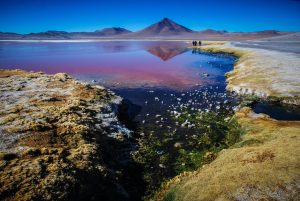Protecting your brand in Costa Rica involves registering a trademark through the Registro Nacional. This 2025 guide outlines the full process, including search, filing, opposition, renewals, and how to enforce your rights if infringed. This is critically important if you wish to register a company in Costa Rica.
Key takeaways on trademark registration in Costa Rica
| Process for trademark registration in Costa Rica | |
| What documents do you need for trademark registration in Costa Rica? | Applicant info Power of attorney Logo/design (if applicable) Class(es) of goods/services (Nice Classification) |
| Which agency oversees trademark registration in Costa Rica? | Trademarks are registered through the Registro Nacional (National Registry), part of the Ministry of Justice. |
| What happens if someone makes a challenge? | If another party files opposition within 30 days of publication, the process is paused, and you may need to submit a legal response or modify your application. |
| How long is a trademark valid for? | A registered trademark is valid for 10 years and can be renewed indefinitely in 10-year periods. |
Steps to Register a Trademark in Costa Rica

Costa Rica’s National Registry manages the protection of industrial property, including trademarks.
Application submission and classification
Verify the availability of your trademark in the Global Brand Database as it contains information from over 40 industrial property offices around the world
Fill out the trademark application that requires information such as:
- Place of incorporation and address of the applicant if a juridical person
- If the case may be, the name and type of legal representative or power of attorney (POA)
- Name and address of the POA in the country, if the applicant has no real and effective domicile or establishment in the country
- Name or sign to be registered
- List of the goods/services represented by the trademark and grouped by class number according to the Nice International Classification of Products and Services
- Proof of payment, US$50 (per class if a multi-class application).
The first step in registering a trademark is for us to submit your application to the Costa Rican Intellectual Property Registry. We will ensure that all required documents are included and that the application is accurately completed to avoid delays.
The registry will then revise your submission and make sure it fulfils all the necessary conditions for a trademark application. If all your documents are in order and meet the requirements, you will proceed to the next step.
Once the application has been submitted to the registry, a form test will be carried out to check that all requirements are met and that any issues are corrected. If asked to provide extra information, it is important to include all necessary information as soon as possible – any gaps in information will cause delays, and any major hold up in providing the information requested could result in the application being rejected.
Additionally, the first-in, first-served nature of this process means that delays put you at risk of someone else registering your desired name/sign before you are able to. If you are unsure about what information to include in the application, seek local legal advice upfront.
Once the completed application has been received, the registry will analyze your request to determine if the chosen sign follows legal requirements. The registry shall ensure that the proposed commercial names do not pose a risk of disruption to morality or public order. Any inconsistency with local laws must be corrected so that the sign/name complies with local standards and the registration process can continue.
Publication and opposition
After the examination of the form and substance of your name or sign, the registry will issue an edict requesting it be published 3 times in the official newspaper to raise awareness among third parties about your proposed application. After 2 months, if no objection has been received, the commercial name or sign is registered and your IP protection request is granted.
Validity, Renewals, and Brand Enforcement
Note the following additional characteristics of a registered commercial name:
- It has no expiration period. Since its validity is indefinite, reliant only on the existence of the company that uses it, it does not have to be renewed.
- It cannot be transferred to third parties unless it has been sold in conjunction with the business.
- The owner of a commercial name may prevent a third party using the name or a similar one.
Why Trademark Protection is Essential in Costa Rica
Commercial use of a company name in Costa Rica

You must register your commercial name as an element of Industrial Property before a different registry. This step grants the name protection under the country’s Intellectual Property laws.
The commercial name, according to the Law on Trademarks and Other Distinctive Signs is (translated from Spanish) “a denominative or mixed sign that identifies and distinguishes a particular company or commercial establishment.” The commercial name must not be related to the name that another company has registered.
The exclusive right to a commercial name can be established by using the name commercially. Such exclusive rights end when the company or establishment using the name closes. However, it is advisable to register your commercial name properly, with the appropriate authorities.
That way you can better protect the use of the name and secure your brand. You are more able to prevent third parties using the name improperly to promote their own commercial activities. Registering your company name avoids brand dilution and public confusion.
Required Documents for Registration
- Name and address of the applicant
- Place of incorporation and domicile of the applicant when it is a legal person
- Name of the legal representative or power of attorney (POA) appointed during the company formation process
- Name and address of the POA in the country, if the applicant has no effective domicile or establishment in the country
- The name or sign to be registered
- A translation of the sign, if it written or communicated in a language other than Spanish
- For commercial names: the address of the establishment that will be identified with the requested sign must be explicitly and accurately indicated, as well as the business activity
- For propaganda signs: the products or services that will be promoted with the requested sign must be indicated as well as the brand or commercial name, whether registered or in process, to which the sign will be linked
- Proof of payment of the established fee
- Mailing address
FAQs on how to register a trademark in Costa Rica
Based on our extensive experience these are some common questions from clients who want to register a company name in Costa Rica:
1. What are the requirements to register a company name in Costa Rica?
- The Applicant’s contact information (Business name, business ID number, country of incorporation, phone number, office address, email address, etc.).
- Determine the class of your products/services to be registered in the International (Nice) Classification of Goods and Services.
- A detailed description of the brand, its origin, design, general description, and business activity.
- The date at which you commenced using your brand commercially.
- If you wish to register your logo along with your brand, it’s best that you provide the logo in JPG format.
2. How long does it take to register a company name in Costa Rica?
The timeframe to register a company name is 6 months, provided there is no opposition from third parties.
3. Can I register a company name remotely or do I need to be present in Costa Rica?
While travel to the country is not mandatory, it is advisable to hire local legal representation to effectively navigate the complexities of Costa Rican business laws.
4. What are the costs associated with registering a company name in Costa Rica?
Costs vary depending on legal fees, administrative expenses and additional services required. It is advisable to budget accordingly and seek transparency from legal counsel regarding fee structures.
5. Are there any restrictions on company names in Costa Rica?
Yes, company names must be unique, not infringe on existing trademarks and comply with the legal requirements established by the Costa Rican authorities.
6. Can I register a branch or subsidiary of a foreign company in Costa Rica?
Yes, the registration of a branch or subsidiary of a foreign company is allowed in Costa Rica, subject to compliance with the relevant regulations and documentation requirements.
7. Is a trademark search required in Costa Rica?
No, but it is strongly advised to perform a search to ensure that your trademark does not conflict with an existing registration.
8. How long is trademark protection valid in Costa Rica?
A registered trademark is valid for 10 years and can be renewed indefinitely in 10-year periods.
9. What documents are required for registration?
Applicant info
Power of attorney
Logo/design (if applicable)
Class(es) of goods/services (Nice Classification)
10. What office manages trademarks in Costa Rica?
Trademarks are registered through the Registro Nacional (National Registry), part of the Ministry of Justice.
11. What happens during the opposition period?
If another party files opposition within 30 days of publication, the process is paused, and you may need to submit a legal response or modify your application.
12. Can foreign companies register trademarks in Costa Rica?
Yes. Foreigners must appoint a local trademark attorney or legal representative to submit and manage the application.
13. How do I enforce my trademark rights in Costa Rica?
Trademark holders can pursue civil or administrative enforcement, including cease and desist actions, customs seizures, and monetary damages.
Biz Latin Hub can help you register a company name in Costa Rica
If you are thinking of creating a new company in Costa Rica, it is wise to get legal advice and assistance right from the beginning. The process involves appointing a legal representative, and you will want to partner with a team you can trust to work in the best interests of your business.
Biz Latin Hub can help you protect and establish your company and its name in Costa Rica by carrying out the required process with due diligence. Our suite of market entry and back-office services goes beyond filling out paperwork – we ensure your needs are met, and our bilingual team bridges bureaucratic and cultural gaps to reduce confusion and delay.
Reach out to our Costa Rica team here at Biz Latin Hub, so we can help you make the most of this developing market.






